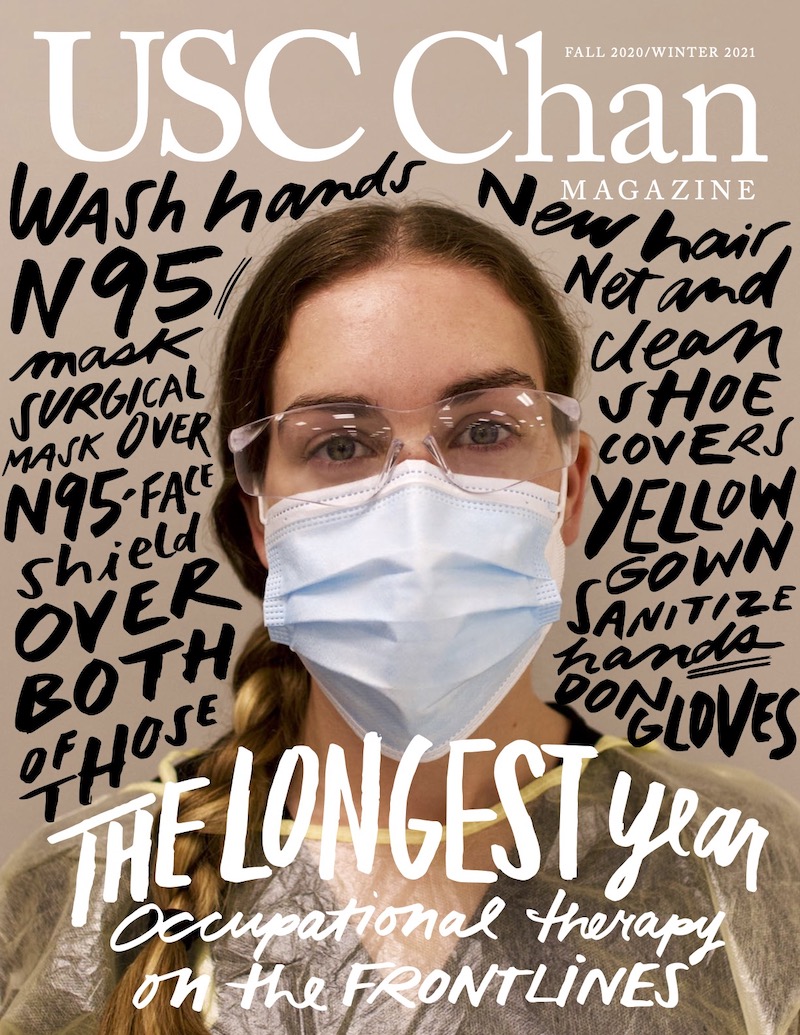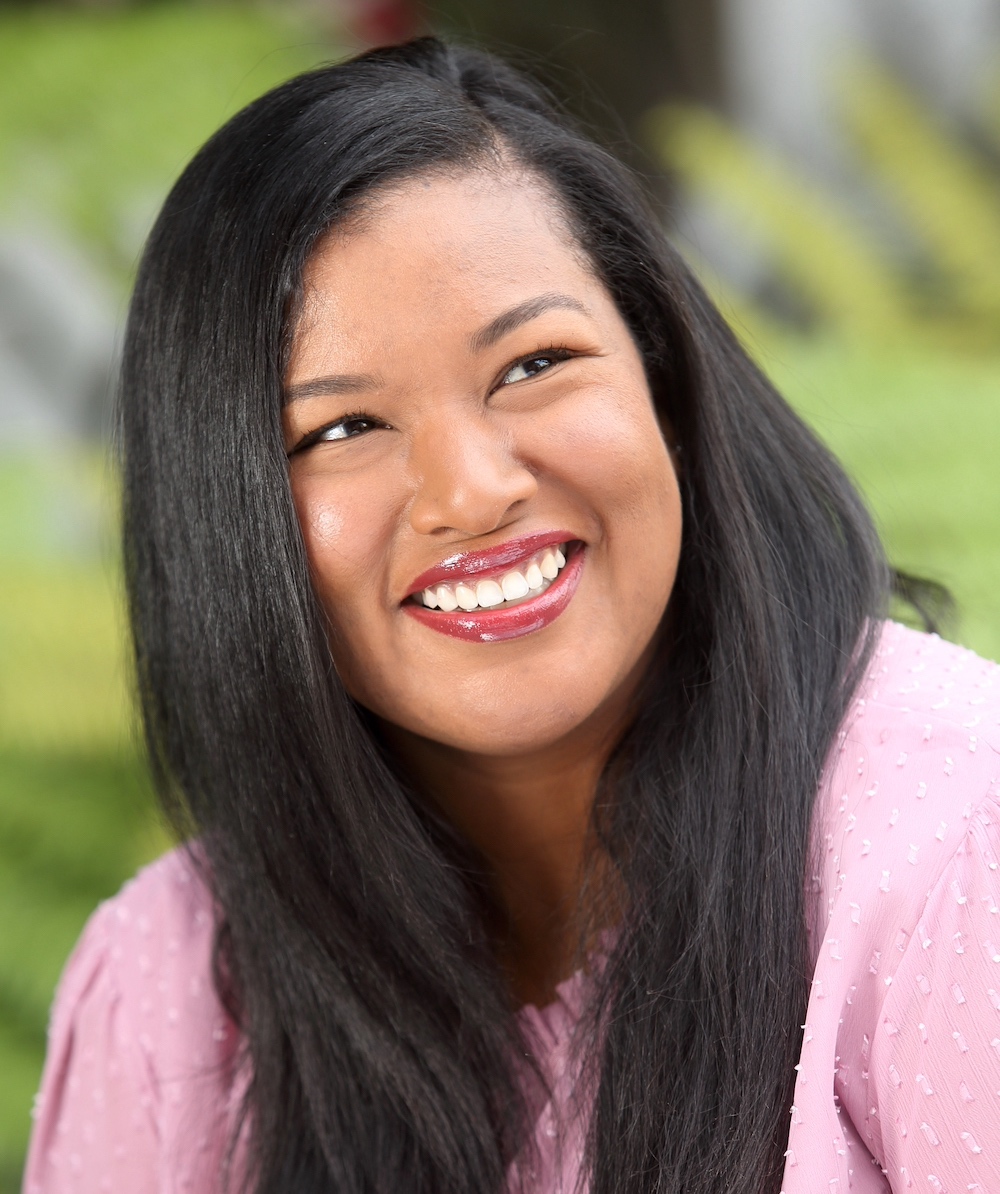Research Buzz
To Do Unto Others
Narrowing oral health disparities gaps of Black/African American children with and without disabilities.
By Dominique Como MA ’16, PhD ’21
Occupational Science PhD Student and Awardee, NIH F31 Predoctoral Individual National Research Service Award
The question I have asked myself the majority of my life has been, “How will I effect change and improve the quality of life for others?” “Become a career scientist” was not the way I would have expected to answer. But through my experiences at USC Chan, I have come to consider that my professional aspirations as an occupational scientist can, in fact, allow me to improve the lives of others.
I originally came to USC to pursue my Master of Arts degree in occupational therapy. During the master’s program, I was encouraged by faculty to apply to the Occupational Science PhD program, a hallmark of which includes immersion in a research group. I was fortunate to be placed in Professor Sharon Cermak’s Sensory Adapted Dental Environments lab, which aims to make the dental experience better for children with autism spectrum disorders.
Oral health is a vital component of overall well-being because it impacts quality of life, both indirectly through our ability to confidently engage with others and express emotions through facial expressions (“smile!”), and directly through fundamental oral functions such as chewing and swallowing. But unfortunately, oral health is one of the most common unmet health needs in the U.S. Despite significantly increased access to care and higher rates of public insurance coverage, oral health care disparities persist for children from ethnic minorities, as well as for children with special health care needs such as those with ASD.
Many families with children who have ASD encounter significant barriers to oral care. Impaired communication, sensory processing sensitivities, uncooperative behaviors, restrictive eating habits and dental fear and anxiety all contribute to diminished oral care in this population. This is exacerbated by the fact that it’s a challenge for parents to find dental practitioners who are both willing and qualified to treat their children with ASD. As a result, many children with ASD have delayed intervention and/or require the use of sedation or general anesthesia for routine dental procedures.
Similarly, Black/African American families encounter many barriers to quality oral healthcare across structural, societal and familial influences, which include limited access to specialty services, decreased awareness of public services and cost-prohibitive pricing structures and practices. Black/African American children and adolescents continue to have higher levels of dental caries (cavities or tooth decay), and significantly higher prevalence of untreated caries, which can lead to pain. The oral health disparities of Black/African American children — with and without disabilities — deserve a greater spotlight.
My mixed methods dissertation project, which is grounded in occupational justice and utilizes a health disparity theoretical lens, will identify facilitators and barriers that inform oral health practices and examine the intersection of ASD, Black/African American culture and oral health to provide better insights into this population’s unique needs. I am determined to identify factors that have the potential to improve oral health disparities for marginalized populations, and develop evidence-based interventions to minimize barriers that contribute to disparities for underserved populations. By receiving a NIH F31 Ruth L. Kirschstein National Research Service Award Individual Predoctoral Fellowship to Promote Diversity in Health-Related Research training grant award, funded by the National Institute of Dental and Craniofacial Research, I will gain the skills and expertise to do so.
In the short term, my goals are to develop a deeper understanding of health disparities, and to obtain advanced practice in research design and methodology, implementation science and knowledge mobilization and dissemination. In the long term, I see my research informing future research to mitigate health disparities, and hopefully develop a tested and tailored intervention for addressing barriers to oral health in this population. In addition, I hope to serve as a mentor and example to minority students who don’t often see themselves reflected in the makeup of higher education faculty, so that they too can one day improve the quality of life for others.
⋯







